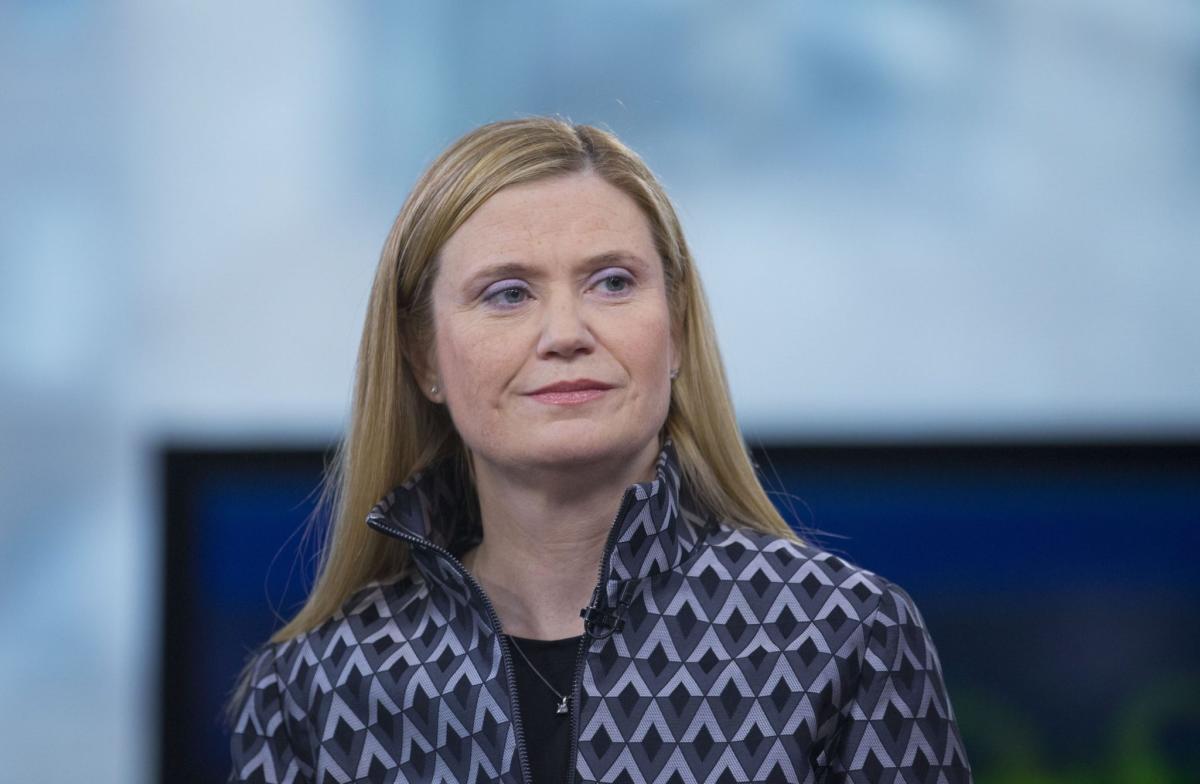cross-posted from: https://lemmy.world/post/17274141
The potential charges, says Marianne Lake, CEO of consumer and community banking at JPMorgan, are a result of new regulatory rules that cap overdraft and late fees. Lake says Chase will be passing along those increased expenses to customers, which would put an end to now-free services such as checking accounts and wealth management tools. And she says she expects other banks will follow suit.



You know I hate to sound like that absolute loon you’re replying to but there’s no one who can really run off with xmr.
The ledger is kept and verified across millions of independently run machines all working together to keep it operational.
The software that runs it is a free-as-in-freedom, open-source project. If the developers got any funny ideas, the community could opt to create a hardfork of the currency. Easier said than done, but painless compared to everyone losing their mula.
No worries. Most people in this thread seem a smidge more rational. 😜
I’m not super familiar with all the forms of crypto and their unite qualities, so I appreciate accurate details.
But let’s look at this:
Motley Fool: What is Monero? (XMR)
Anonymous transactions absolutely have positives, but they can also have painful repercussions, no? We could come up with many wild examples, but let’s check out some more plausible ones.
Chargebacks/Scams. Right now, pay me by cash, check ,or credit, and get a receipt for Product X. If I don’t give you X, you have proof of a transaction. It says You gave Me said amount of money for X. With Monero, none of that data exists, correct? How are you protected or compensated?
Theft. You have an angry partner or unscrupulous family member with knowledge of your wallet. If they can guess/hack a weak password, you leave wallet open to go to bathroom, etc and they transfer out money, then what? Again, if sender, receiver, and amount are hidden, how do you prove someone stole from you?
Honestly ignorant on the answers to these questions.
If nothing else, its because easy, anonymous access to freedom and privacy respecting open-source computing is, as far as I’m concerned, a human right.
Unfortunately if you want to anonymously use a decent VPN, or host a vm on a static IP you need to pay for it. That if nothing else is a good reason.
I don’t have good answers to these issues, honestly if you’re not someone who puts a lot of effort into their computing then crypto isn’t for you. Not against those who don’t, it simply asks for a level of security and organization the average user is neither used to, nor willing to commit to.
Underneath the giant hotbed of scammers and dipshit venture capitalists is a genuinely useful tool for those who care to use it. Whether or not that’s worth it depends on your priorities and beliefs.
At the end of the day scammers and predatory investors have existed, and will continue to exist as long as capitalism has and does. With or without crypto-currencies.